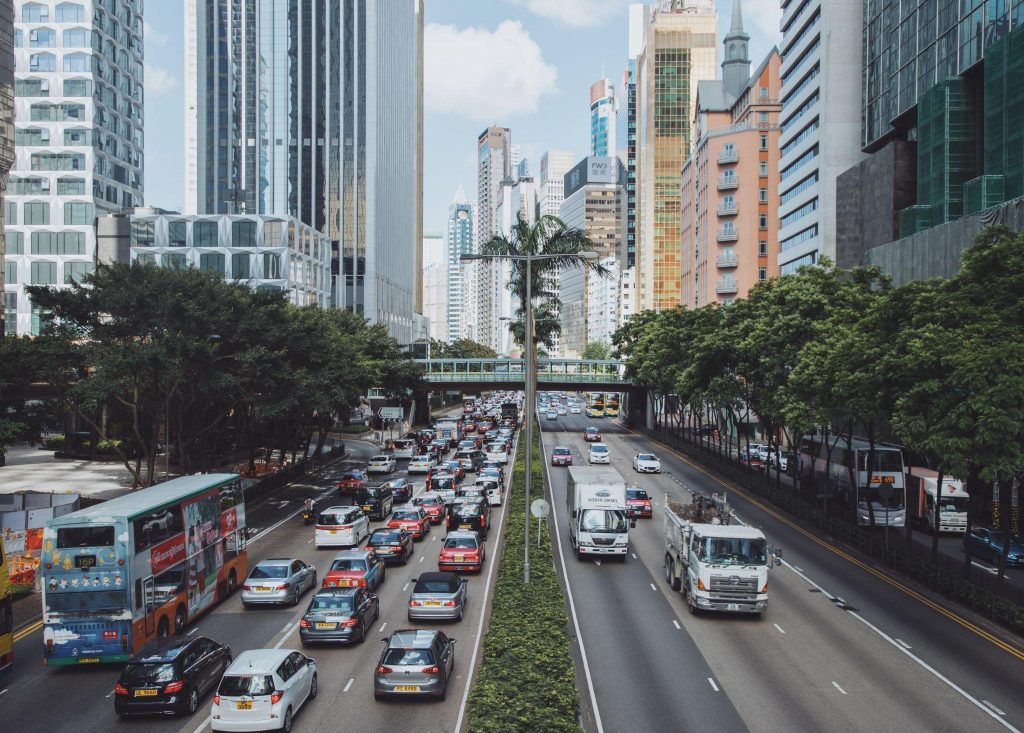We inevitably spend money every day. Daily bills and expenses add up when we are constantly on the move and spending money mindlessly. You may find yourself at the end of the month not realizing how much you have spent until you look at your accounts. This is because most of us only focus on our big monthly expenses instead of also paying attention to the daily ones.
There are some daily expenses that we can likely do without but there are some which are unavoidable. These unavoidable expenses can end up making up the bulk of our monthly expenses due to their repetitive nature. If you are interested in properly managing your finances and being more conscious of how you spend your money and where it goes, you must take note of your daily expenses.
For an employee in a company or self-employed individual, some of your daily expenses may be covered by your employer or business. This means that you have to keep track of them so you can account for them when you are getting reimbursed. Not all daily expenses are covered by employers and what expenses are or aren’t covered depends on the policy of the employer.
As mentioned above, some daily expenses can be done away with while some are unavoidable. There are also diverse situations that lead to some expenses being essential to some people but negligible to others. Whatever your situation may be, we will list out some common daily expenses that most people incur, regardless of the situation.

Photo: Unavoidable bills
Food

Photo: Food
This is the most common and natural daily expense. Food and feeding are essential to living which means that you will always spend money on food. The situations of different people lead them to have different feeding habits. No matter what your feeding habits are though, you will always spend money on food. Food is one of the biggest expenditures on the average person’s budget because it is such a necessity in life. When it comes to the daily expense of food, the amount of money spent by any individual is dependent on various factors. These factors include the age, weight, appetite, and health of the individual. It can also depend on whether the person lives alone or must provide food for themselves and others. This could be a case of a family or a person living in a communal space.
Money spent on food also depends on the income of the person or household. If a person is earning a high income, they are more likely to spend higher amounts on food than someone who doesn’t earn as much. Finally, the amount spent on food depends on the eating habits of people. Some people prefer to buy ingredients in bulk and prepare meals themselves. Some people buy ingredients sparsely and only when they desire to cook. Some people barely buy cooking ingredients and would rather order food or eat out. All of these eating habits contribute to the final amount that the person will spend on feeding.
Transportation

Photo: Transportation
Transportation expenses are another large subset of daily expenses that accumulate over time and take up a huge chunk of money by the end of the month. Transportation expenses cover a range of expenses and differ from person to person based on their preferred modes of transportation, commuting routes, and many more. Transportation expenses can be categorized under travel expenses in a situation where a business is reimbursing its employee or a person is getting tax returns for their expenses. An individual’s transportation costs take up a significant amount of money when accumulated daily if they live far from their workplace or have to travel long distances for different reasons. The frequency and distance of transportation determine the transportation costs.
Some examples of transportation expenses include the costs of taking public transportation such as buses, cab or taxi fares, fuel for cars or other vehicles, parking space fees, and many more. The type of transportation bills incurred by a person daily depends on their transportation mode. People who have their own vehicles would have to pay for fuel and maintenance of the vehicle as well as parking fees. People who commute using public transportation have to pay the costs of public transport fares or pay the higher fares involved with taking private taxis or other forms of private transportation.
Healthcare

Photo: Doctors at work
Everyone needs healthcare to different degrees. This is why healthcare is also a daily bill that many people face. While many healthcare bills are subsidized by insurance, there are still many that come out of pocket. The healthcare needs that people face are diverse and have different levels of complexity. This is why each person should consider their individual healthcare needs when making a monthly budget and provide for them accordingly. Healthcare is essential and can include both physical and mental healthcare. These two facets of healthcare are equally important and lifesaving to those who require them.
Your daily healthcare bills can range from unexpected or unplanned health needs to scheduled healthcare needs. These scheduled needs can include medication for chronic or recurring conditions, psychiatric medical billing, and much more. Many medical conditions require people to have daily healthcare needs. In terms of chronic or recurring cases, this can include people with disabilities who need different types of medication daily such as painkillers and antibiotics. This can also include people with conditions like diabetes who need insulin regularly. Psychiatric medical billing also plays a role when people need medication like antidepressants, antipsychotics, sleeping drugs, and many more.
Utilities

Photo: Utility Bills
Your utilities are the basic needs of your home or living space. While many utility bills are paid monthly, the amount that ends up on the bills depends on the daily use of these utilities. As a person, you will also have certain utilities that you require for proper functioning. The most important of these, which is food, has already been covered. This doesn’t mean that you only need food to survive. In terms of home utilities, the most important of these include electricity, running water, sewage and waste management, and even bills such as internet, phone, and cable bills. Technological utilities have become essential to modern living which is why they are included here.
Your daily use of these amenities racks up to your final bills at the end of the month. Monitoring your use of these utilities is a good way to save money. Household utilities are essential but some personal utilities may not be. This depends on the needs of the person. Your personal entertainment can be considered a utility. The money you spend on your upkeep such as beauty procedures, clothing, and grooming may also factor in. Whatever the case, all of these forms of utilities and needs are likely used every day which contributes to your daily spending.
Miscellaneous
Miscellaneous spending covers the widest range of expenses incurred daily by a person. This is because the term ‘miscellaneous’ refers to all kinds of unplanned and uncategorized expenses. These are usually used to refer to expenses that do not fall under any specific taxing categories. People spend the most money daily on miscellaneous things that pop up without warning. Monitoring your miscellaneous spending is a great way to save money and have more awareness and control of your spending habits.
Miscellaneous bills can include things like clothes, household supplies, unplanned bills, money spent on different services, and more. Essentially any money you spend on generally uncategorized needs. Many people end up spending money without planning it because they do not take into account that they have miscellaneous needs. Things like going on an online shopping spree contribute to your miscellaneous daily bills. When you come across an advertisement for a product you did not plan on purchasing and you are enticed into buying it that is miscellaneous spending. Creating room in your budget for miscellaneous spending allows you to be more conscious of how you spend.
Conclusion
While daily expenses cannot be avoided, this does not mean that they cannot be managed. Bills rack up over time and you can find clever ways to save money by properly managing your daily expenses. You can manage your daily expenses in a few ways. The first and most important way is to ensure that you are only spending money on essential and unavoidable bills like those listed above.
You should also keep a record of your bills and expenses. This helps you when you are accounting for the money you spent at the end of the month. Proper record keeping will make you more aware and conscious of how you spend your money and prevent you from overspending. You will also be able to review your spending habits to find what areas you can afford to cut down on.
However, if you choose to manage or keep a record of your daily bills and expenses, make sure to properly categorize them and include them in your monthly budget.



 Bitcoin
Bitcoin  Ethereum
Ethereum  Tether
Tether  XRP
XRP  Solana
Solana  USDC
USDC  TRON
TRON  Lido Staked Ether
Lido Staked Ether  Cardano
Cardano  Avalanche
Avalanche  Toncoin
Toncoin